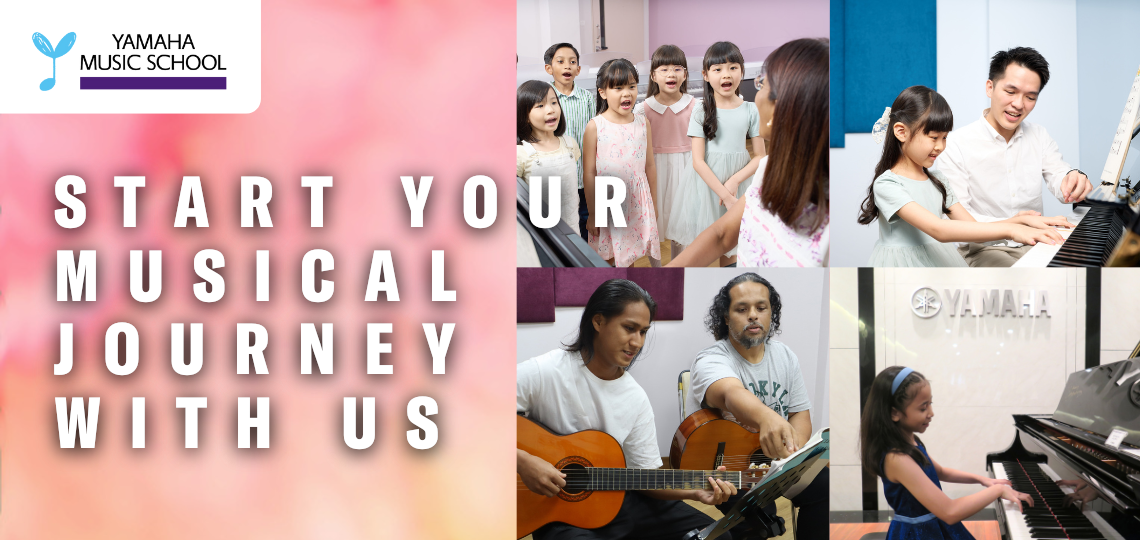Choosing the Right Teaching Methodology

Deciding on a preschool can be as tricky as finding your way through a maze, especially with so many teaching methods to choose from. But fear not, this guide is your trusty navigator! We’ll take you on a journey through four popular approaches that are commonly used in Early Childhood Education: Montessori, Waldorf, Reggio Emilia, and Play-Based Learning. By delving into the unique aspects of each method, we’ll help you make a decision that fits your little one’s needs and aligns with your family’s values.
Understanding Early Childhood Education
Understanding the principles of early childhood education is crucial in this decision-making process. As you explore kindergartens, look for those that offer a comprehensive lesson plan for kindergarten, ensuring your little one receives a strong foundation during these formative years.
Montessori Education
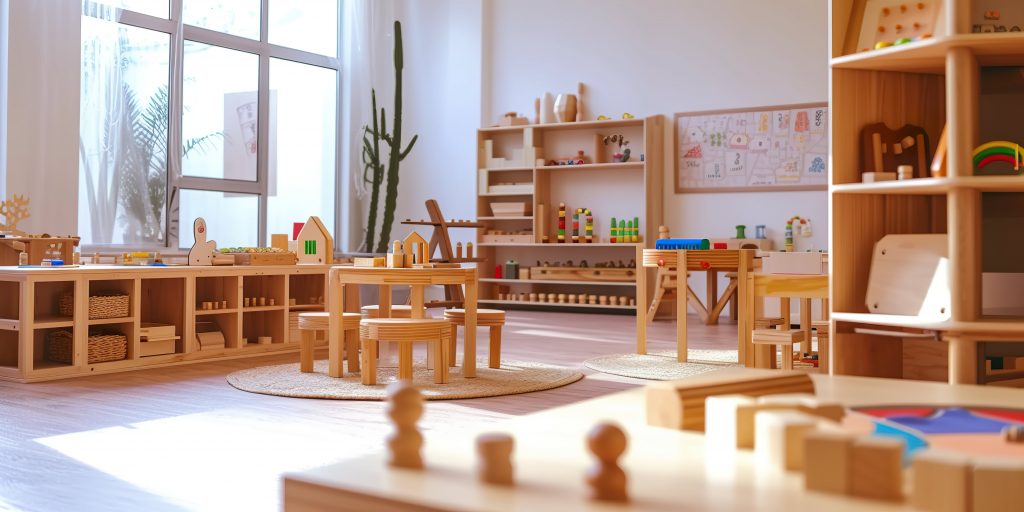
Overview
Montessori education is a child-centered approach developed by Dr. Maria Montessori over a century ago. It emphasizes independence, hands-on learning, and collaborative play. In Montessori classrooms, children of varying ages are grouped together to foster peer learning.
Pros
- Individualised Learning: Each child gets a personalized learning experience tailored to their pace and interests.
- Independence: Children develop self-discipline and independent thinking.
- Hands-On Activities: Learning through doing helps children grasp complex concepts.
Cons
- Less Structured Environment: The high degree of freedom can be challenging for children who thrive in a more structured setting.
- Limited Standardisation: Montessori schools can vary widely in how strictly they adhere to Montessori principles.
Waldorf

Overview
The Waldorf method, founded by Rudolf Steiner, focuses on holistic development, integrating intellectual, practical, and artistic education. Waldorf schools emphasize creativity and imagination in learning, often delaying formal academic instruction until later years.
Pros
- Holistic Development: Emphasizes the development of a child’s imagination and creativity.
- Strong Community: Encourages strong bonds between students, teachers, and parents.
- Delayed Academics: Allows children to develop at their own pace without the pressure of early academic performance.
Cons
- Delayed Introduction to Technology: Limited use of technology can be a downside in today’s digital world.
- Less Focus on Academics Early On: This might be a concern for parents who prioritise early academic achievement.
Reggio Emilia
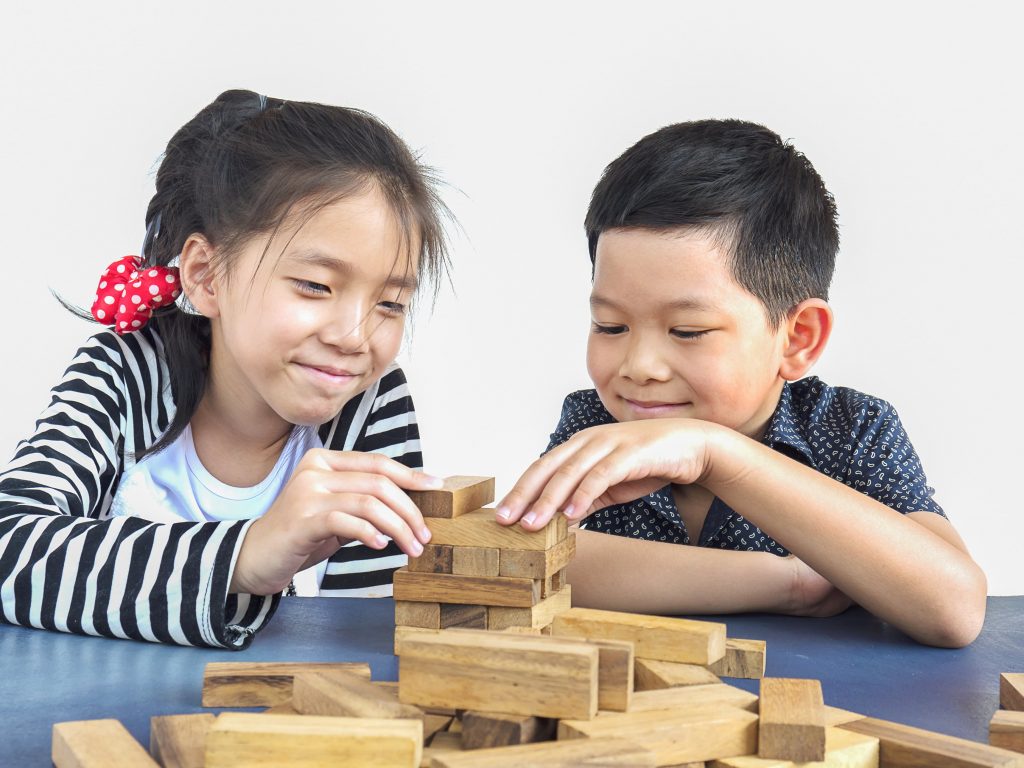
Overview
Originating in Italy, the Reggio Emilia approach is a child-centered philosophy that views children as capable and resilient. It emphasizes project-based learning and encourages children to explore their interests in a supportive environment.
Pros
- Project-Based Learning: Engages children deeply in their learning through projects that reflect their interests.
- Collaborative Environment: Promotes teamwork and communication skills.
- Flexible Curriculum: Adapts to the needs and interests of the children, making learning more relevant and engaging.
Cons
- Resource Intensive: Requires significant time and resources to implement effectively.
- Varies Widely: The approach can differ greatly between schools, making consistency an issue.
Play-Based Learning
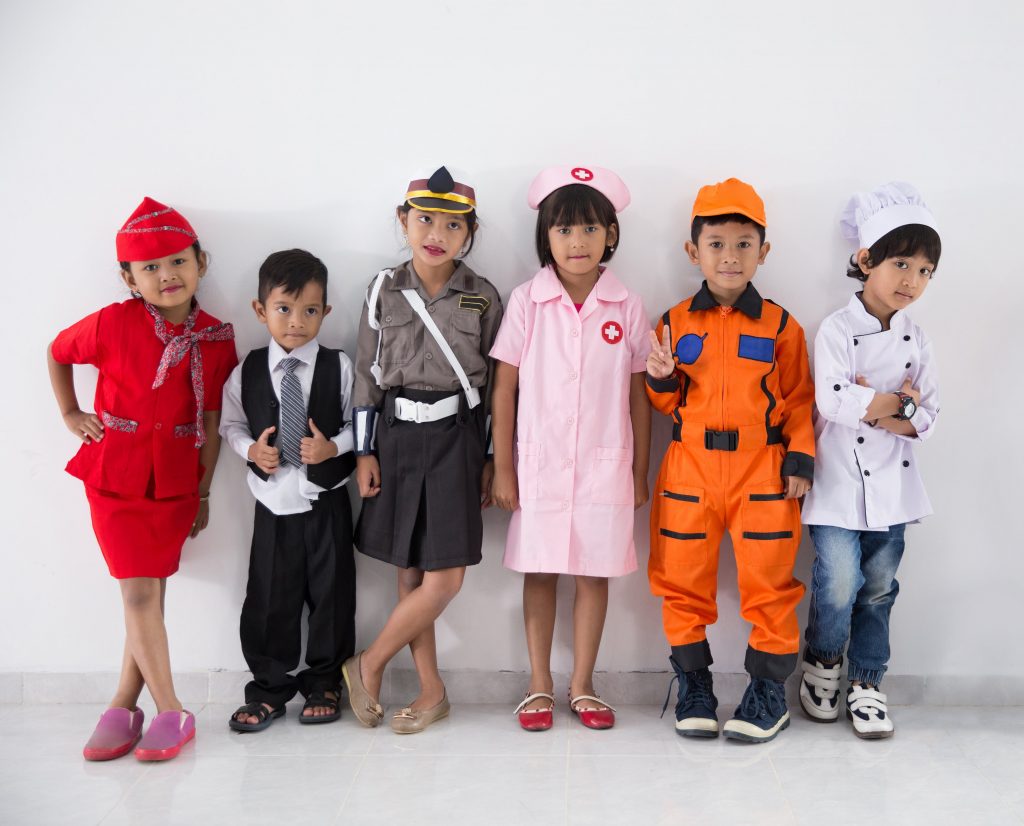
Overview
Play-Based Learning is centered around the concept that children learn best through play. This approach integrates play into all aspects of the curriculum, allowing children to develop social skills, creativity, and problem-solving abilities in a natural and enjoyable way.
Pros
- Natural Learning: Children learn in a way that feels natural and enjoyable to them.
- Social Development: Play promotes important social skills like sharing, negotiating, and teamwork.
- Flexible Structure: Adaptable to the needs and interests of each child.
Cons
- Less Academic Focus: May not satisfy parents looking for a strong early academic foundation.
- Varied Implementation: Quality and effectiveness can vary depending on the school and teachers.
Choosing the right preschool is a big decision, but understanding the key features and benefits of each teaching methodology can make it a lot easier. Montessori, Waldorf, Reggio Emilia, and Play-Based Learning each offer unique advantages that support different aspects of a child’s growth. By finding the approach that aligns with your child’s personality and your family’s values, you can better determine which preschool will provide the perfect environment for your child to grow and thrive.
Gogokids: Your Trusted Partner in Early Childhood Education
GogoKids is here to support you on your parenting journey. Click here to explore our directory to find a reputable preschool or early childhood education provider in Malaysia. We also offer a ton of parenting tips and resources to help your child thrive!

Easily register your child for Standard 1 in Malaysian public schools for the 2025/2026 year with our step-by-step guide. Learn about online applications and required documents.
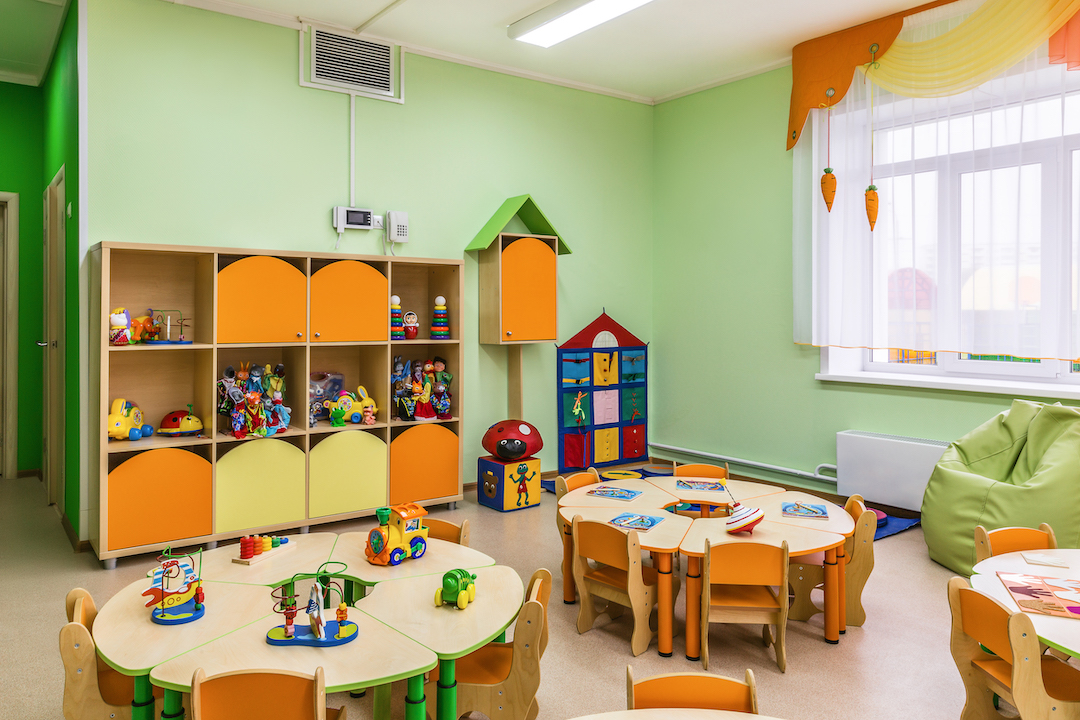
Daycare Fees in Malaysia: How Much Should You Expect to Pay?

Estimating Your Child’s Education Costs in Malaysia: A Practical Guide

